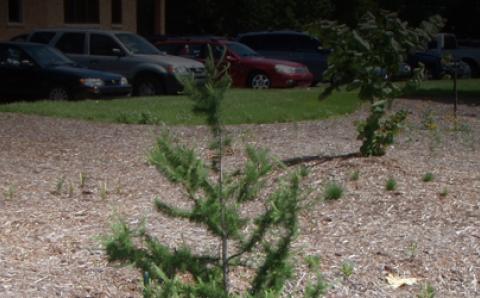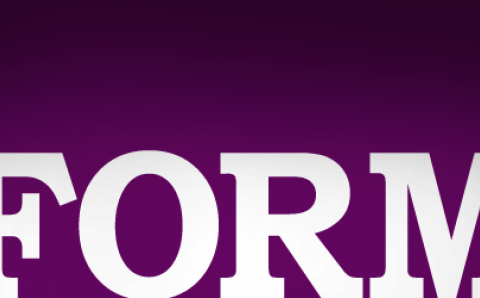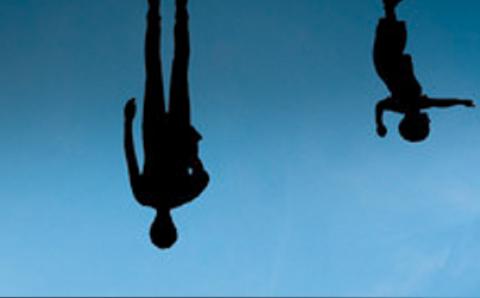When my husband and I found out that I was pregnant, we had two responses. He danced around the house and I collapsed on our bed, elated and terrified. We had only been married a few months, and although we decided to have a baby early, I knew that we were in for something that my predictions and plans could not fully measure.
What I wish I had known, or been better prepared to face, was the ways in which my own childhood would come back to haunt and hurt me as a mother.
I grew up in an abusive home. My parents are both alcoholics, and my mother was often angry, unhappy, and unpredictable. I often got the sense that my siblings and I were more burden than joy for her. When she left my father for another man, one who beat her and abused us, my sense of worth was forever altered.
As a young woman, I did what I was supposed to do: go to therapy, find a church family, carve out a different kind of life for myself. I knew that I had been hurt very deeply by my childhood and took great care to not only create boundaries between myself and my mother but to develop healthier ways of living in relationship with others.
But parenthood turned everything on its head. Suddenly I was plunged into an emotional terrain that I did not know how to navigate; I was sick and exhausted as a pregnant woman and beyond exhausted as a new mother. And while the avalanche of advice that I got from family members was all well-meaning, it was too much to bear in the face of a larger pressure: my mother’s desire to be a part of my child’s life.
My mother, despite her mistakes and inabilities, is a loving, lovable person. She adores flower gardens, dogs, and Marilynne Robinson’s Gilead. It has never been the case that I wanted to separate myself from her, even in the face of all that we have endured together.
But that is exactly what I had to do. When my son was about six months old, I realized that my inability to sleep at night was a symptom of postpartum anxiety. I would nurse him and stare into the darkness, listening for someone to break in (which is what I had to do as a teenager, waiting for my mother’s boyfriend to show up drunk and violent at our doorstep). My anger and hurt burned into the night, and I realized that it would burn right through my family’s life if I let it.
So I wrote my mother a long letter, telling her that, for the time being, I needed space. No weekly phone calls, no plans for visits. I cried, sealed the envelope, and put the letter in the mail. And in doing so, I reestablished a boundary that, in reality, will need to be revisited time and time again.
Henry Cloud says that “boundaries define us. They define what is me and what is not me.” For a long time, I had subsumed my mother’s needs for family and love as my problems to solve. When faced with my own child, these needs came into great conflict. And while I want to honor my mother, the most honest way for me to honor her is to recognize her for who she is; to forgive, but to also be wise.
A package came in the mail for my son a few weeks ago: a box of books from my mother, ones she had bought from a library sale. He loves them. And I love my mother, whose life has shaped mine in inescapable ways, but whose weaknesses are in God’s hands, not mine.
Related Article
Baby Blue (The Banner)
About the Author
Allison Backous Troy is a writer and educator who resides in Laramie, Wyo., with her husband and son.








